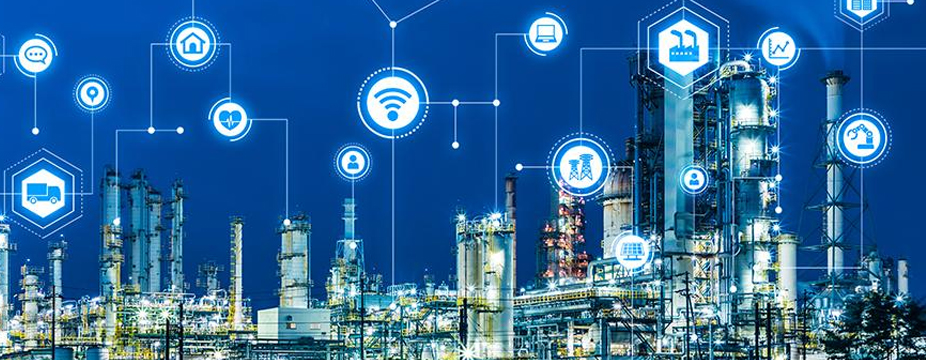|
Getting your Trinity Audio player ready...
|
The hype of Machine Learning (ML) is revitalizing the chemical industry. The implications of AI and machine learning at the bottom line of the chemical business impacting the decisions of manufacturers and suppliers. ML in the chemical industry is maturing and has a wider impact on every type of chemical industry, from oil refineries, agricultural chemicals, ethanol products to household chemicals. Machine Learning transformed the infrastructure of the value chain in the chemical industry, which leads to more productivity and innovation.
The key issue of business in chemical is understanding the importance of emerging technologies and how they can hit more business value after technology integration. The chemical industry is one of the prominent industries. And globally, this industry is growing at a slow pace. And accountability in the growth of the chemical industry can be increased with the implementation of Machine Learning and its cost-effective solutions. In this article, we discuss the emergence of technology in the chemical industry and how it is playing a vital role in revolutionizing the industry’s scalability.
The Disruption of Digital Transformation:
Machine learning was introduced in the ’90s. And AI integrated data systems are the first phase of Machine Learning in the chemical industry. The data systems are trained to deliver insights. And the availability of data to train the machines was less. So the chemical business did not leverage AI to the fullest. And in the 1980s when neural networks were used to make industrial operations decisions to support the executives, machine learning came into the limelight.
* The era of data science and predictive analytics brought up with three important ideas: deep or convolutional neural nets, reinforcement learning, and statistical ML. And these are the technologies behind the recent success stories of AI in natural language processing, robotics, and computer vision.
Industry current-outlook:
The technology disruption and advances in the digital environment helped the chemical industry to reach a new level of functional excellence by leveraging machine learning. The chemical industry is taking advantage of harnessing data by integrating ML applications across business functionalities. Using machine learning in the era of digital explosion helps the chemical business in three ways: enhancing business operations, adding potential credits to value chains, and improving existing business models to add great value to the end-user.
Machine learning opens new space for chemicals through 3D digitized printing popularly known as additive manufacturing. The polymers and chemicals used in 3D printing are increasing every year at 30% and creating a $2.5 billion market for chemical manufacturers. The data- and analytics-led business operations are enhancing the in-house operations of the manufacturers and suppliers. Defining the required quantity level, designing new business models for governance for business, data empowered supply chain management systems, are the editions of new-age technologies.
Drug Designing, chemical compound classification, toxicity prediction, demand forecasting, and workforce engagement and management are at the initial stages of implication. Chemical businesses, manufacturers, and suppliers leveraging the ML have foreseen advantages over others by handling operations at a fast pace in a cost-effective way.
Machine Learning promising the future of the Chemical Industry:
Machine learning and AI can improve the functionalities of the industry through the identification of chemical molecules -reactiveness and toxicity level during process engineering. And it can also be used to check the availability of raw materials, the feasibility of the compound, measure the blending temperature of a certain chemical, and environmental concerns during production, transportation, and storage. And in the future, it is expected to increase the speed of the production process through ML technologies at its core. Industries interdependent on the chemical industry like agriculture, construction, automotive, cosmetics, energy, consumer products, transportation, etc., are implementing technology at their core; the development of these industries will increase the growth of the chemical industry. Hence, the RoI on machine learning goes beyond the product revenue and chemical process.
ML is changing the processes throughout the chemical industry for making better business decisions, developing enhanced processes, and authorizing scalable and reliable applications to accomplish future industry needs. Machine Learning is making a bold promise to advance today’s industry through digitized manufacturing, advanced drug design techniques, improved accuracy in toxicity predictions, ML-based compound classification, etc. The technological advancement after digital disruption optimizing every industry and the chemical industry is at the forefront and it can influence dependent industries’ growth. If you resonate with our article, please share your thoughts with us.
If you need any help with idea validation, proof-of-concept, Data Science consulting, large-scale AI implementation, Big Data Engineering, or a creative solution for your industrial data. You are at the right place.
Talk to our experts
